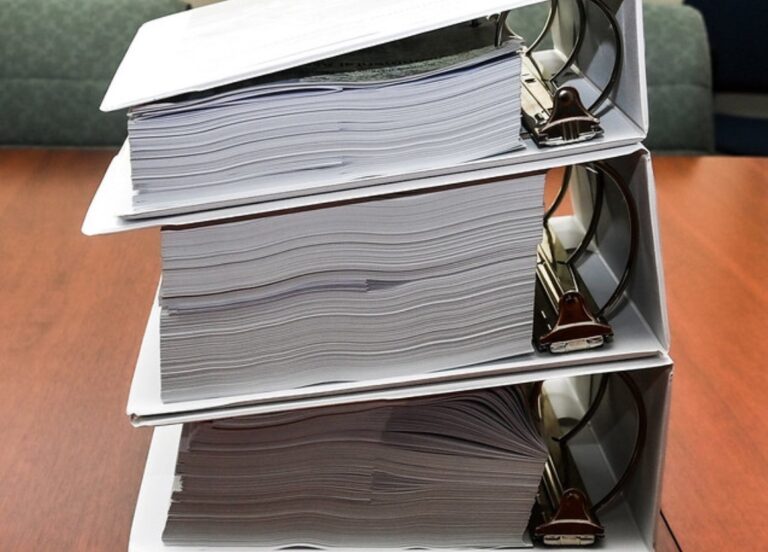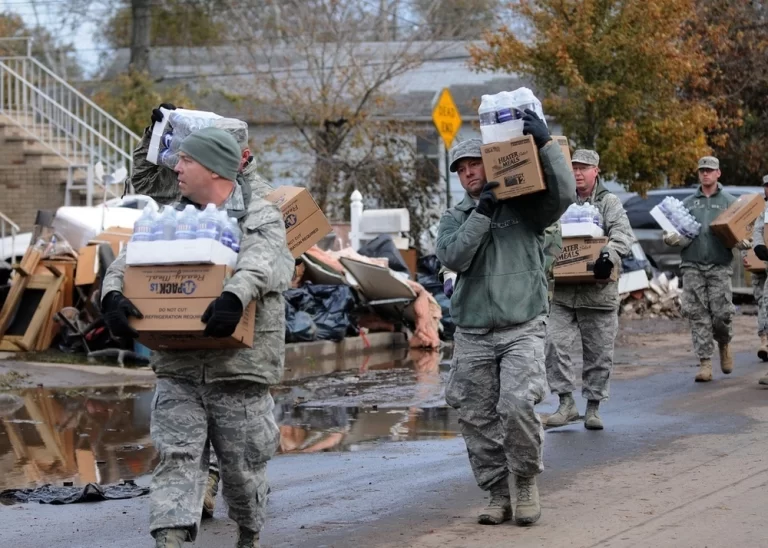
Whenever I go to the grocery store, I bring my reusable Trader Joe’s tote. Not only is the tote large enough to hold all my groceries, it sits perfectly on my shoulder and has no issues with my giant puffer. Really, my Trader Joe’s tote is absolutely perfect. It’s not only beneficial for me, but it’s also far better for the planet compared to any paper or fabric bag I could obtain at the grocery store checkout.
My infatuation with the tote bag may leave you thinking I really bring this bag with me every time I go to the grocery store. As much as I wish this was the case, it simply is not. While I try my best, sometimes I forget, or I am not coming from home, or some other forgivable reason. Ultimately, the bag is not always with me. In that case, I am subjected to either getting a paper or thin fabric bag from the grocery store but never a plastic bag.
The New York State Bag Waste Reduction Act came into effect on March 1, 2020, instituting a ban on all single-use plastic bags. However, stores are instead permitted to provide non-plastic “reusable bags.” The requirements for such a bag include that it must be made out of fabric and have a minimum of 125 uses. These bags are not required to have a tax and can be given to customers for free. Stores may also provide paper bags for a 5-cent tax.
Most stores do not give customers a choice in whether they provide fabric or paper bags, and either way these bags are not necessarily better than the plastic bags the Act sought to ban.
For one, creating fabric bags is a significantly more resource intensive process than single-use plastic bags. Freedonia Research Group found that when New Jersey implemented a similar plastic bag ban, their plastic consumption increased due to materials needed to make said fabric bags. This may be justifiable if these fabric bags were actually being reused. However, I cannot tell you how many of these reusable fabric bags I have sitting in my closet right now. I do not have any plans on reusing them. If I was able to and remembered to bring a reusable bag, why wouldn’t I just use my perfect Trader Joe’s tote instead of a thin bag with a handle that doesn’t even fit over my shoulder?
While the bill strove to promote the use of reusable bags, it did not quite accomplish this goal. If consumers wanted a reusable bag, they would’ve bought one in the first place. Most of these bags are not getting the 125 uses that they have in them, which ultimately just wastes resources.
While many may turn to paper bags believing that they are a more environmentally friendly option, it is more complex than that. Columbia Climate School cited a 2005 Scottish study that found that creating paper bags harmed the environment much more than plastic bags due to their high water consumption, among other things. Thus, while they may be easier to break down, it is not necessarily a greener option.
While I cannot say I know the solution to this large problem, reminding each other and doing our best to use the bags we already own is a step in the right direction.
The Zeitgeist aims to publish ideas worth discussing. The views presented are solely those of the writer and do not necessarily reflect the views of the editorial board.



